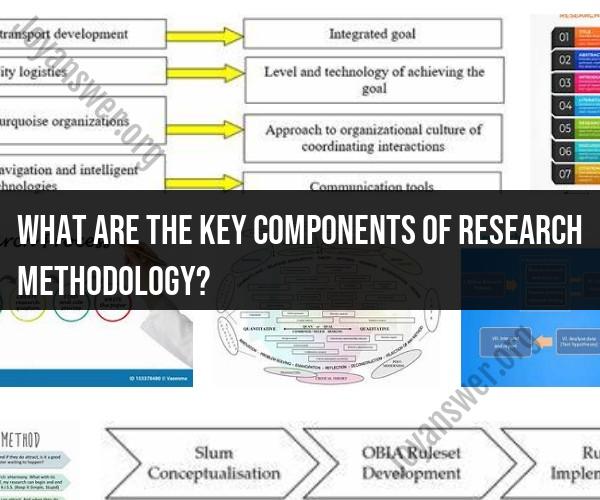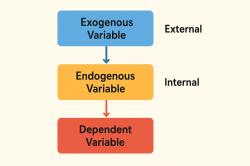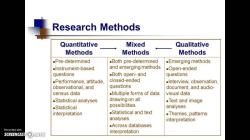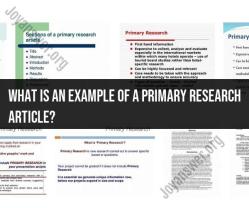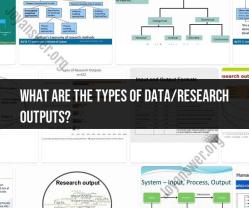What are the key components of research methodology?
Research methodology refers to the systematic approach and techniques used in conducting research. It provides a structured framework for collecting, analyzing, and interpreting data to answer research questions or test hypotheses. The key components of research methodology include:
1. Research Design:
- Research design outlines the overall plan or strategy for conducting the study. It includes decisions about the type of research (e.g., descriptive, experimental, qualitative, or quantitative), data collection methods, and sampling techniques.
2. Research Questions or Hypotheses:
- Clearly defined research questions or hypotheses set the direction for the study. These questions guide the research process and help in focusing the investigation.
3. Literature Review:
- A literature review involves a comprehensive examination of existing research and scholarly works related to the research topic. It helps identify gaps in knowledge and provides a theoretical framework for the study.
4. Data Collection:
- Data collection methods are selected based on the research design. Common methods include surveys, interviews, observations, experiments, and archival research. Researchers should consider factors like reliability, validity, and ethical considerations when choosing methods.
5. Sampling:
- Sampling involves selecting a subset of the population to study, as it is often impractical to study an entire population. Researchers must decide on the sampling technique (e.g., random sampling, stratified sampling) and justify its appropriateness.
6. Data Analysis:
- Data analysis techniques depend on the type of data collected. Quantitative data are typically analyzed using statistical methods, while qualitative data may be analyzed using thematic analysis, content analysis, or other qualitative techniques.
7. Data Presentation:
- The results of data analysis are presented through tables, graphs, charts, and narratives. This step helps convey the findings to a wider audience in a clear and understandable manner.
8. Ethics and Informed Consent:
- Researchers must adhere to ethical guidelines, ensuring that participants' rights are protected. Obtaining informed consent from participants and maintaining confidentiality are crucial ethical considerations.
9. Reliability and Validity:
- Researchers should assess the reliability (consistency) and validity (accuracy) of their research instruments and data. These concepts are essential to ensure the quality and credibility of research findings.
10. Data Interpretation:
- Data interpretation involves making sense of the collected data in the context of the research questions. Researchers analyze the data to draw meaningful conclusions and make interpretations based on the evidence.
11. Conclusion and Recommendations:
- The research study concludes with a summary of findings and, if applicable, recommendations for future research or practical applications.
12. References and Citations:
- Proper citation of sources used in the literature review and throughout the study is essential to acknowledge the contributions of previous research and avoid plagiarism.
13. Research Report or Thesis:
- Researchers typically present their findings in a research report, thesis, or scholarly paper. These documents follow a standardized structure that includes an introduction, literature review, methodology, results, discussion, and conclusion.
14. Peer Review:
- For academic research, peer review is often employed, where experts in the field evaluate the research study for its quality, methodology, and contribution to knowledge.
These components work together to ensure that a research study is conducted systematically, ethically, and rigorously, leading to credible and valuable research outcomes. Researchers should tailor their methodology to suit the specific research objectives and the nature of the study.
